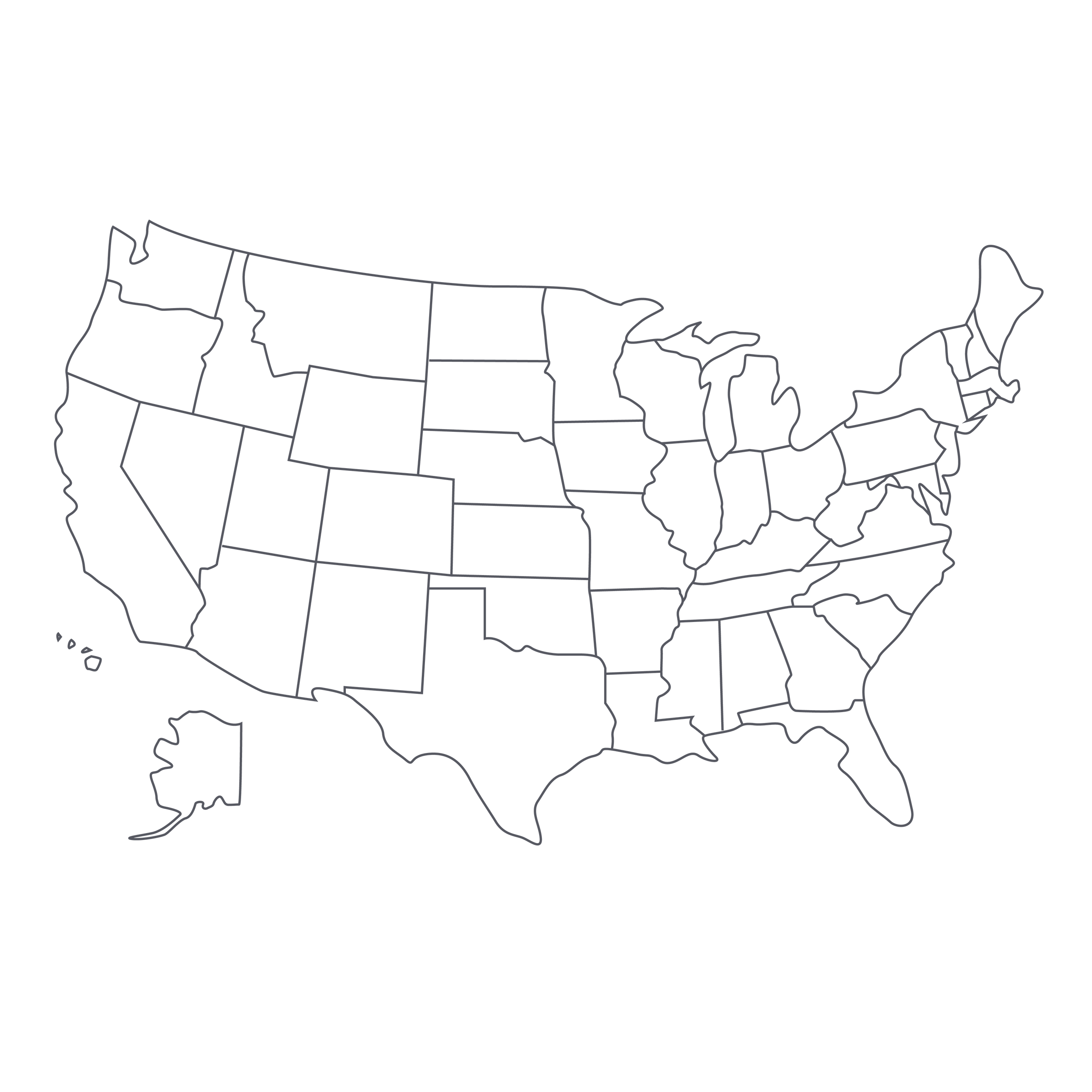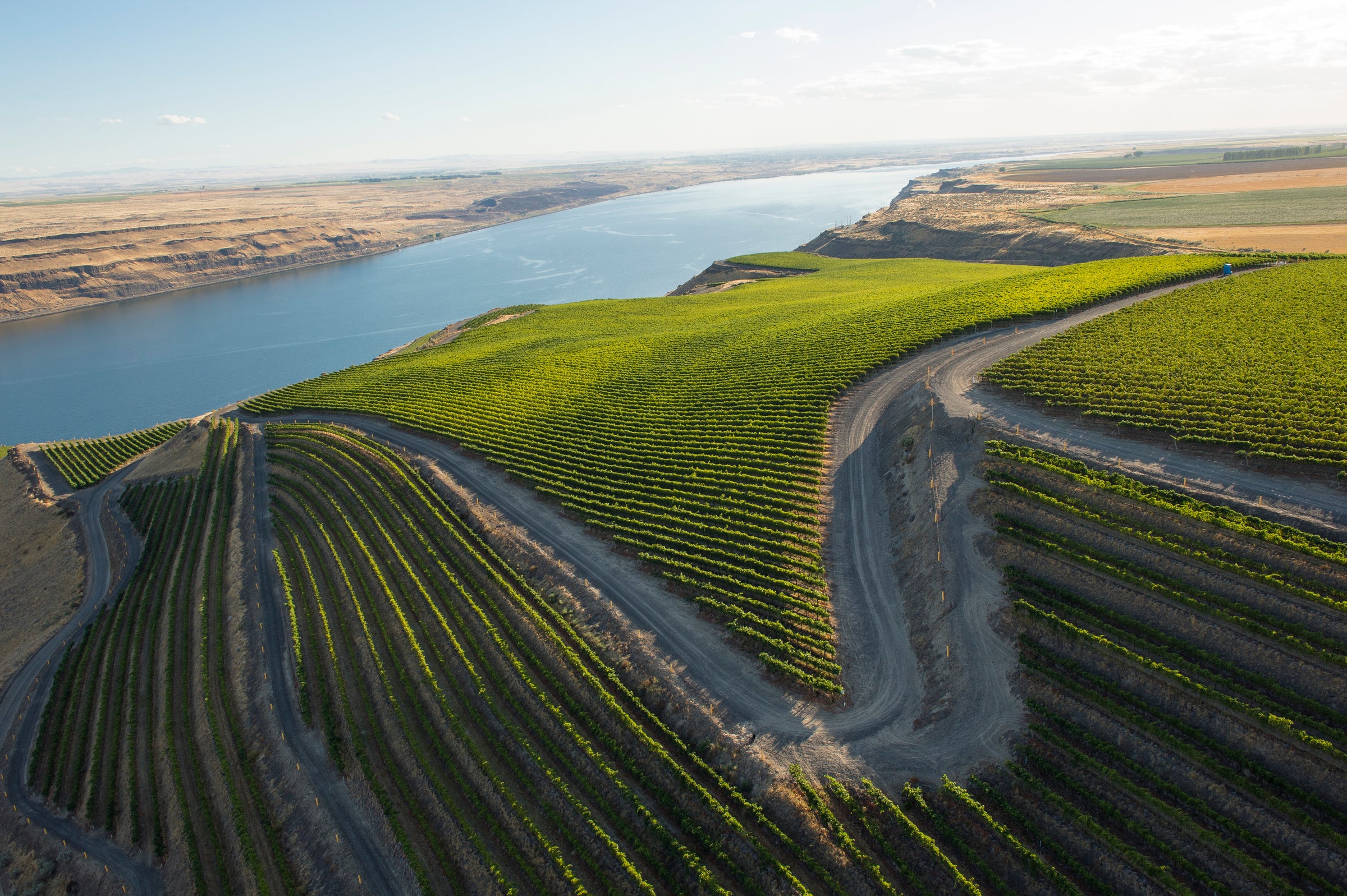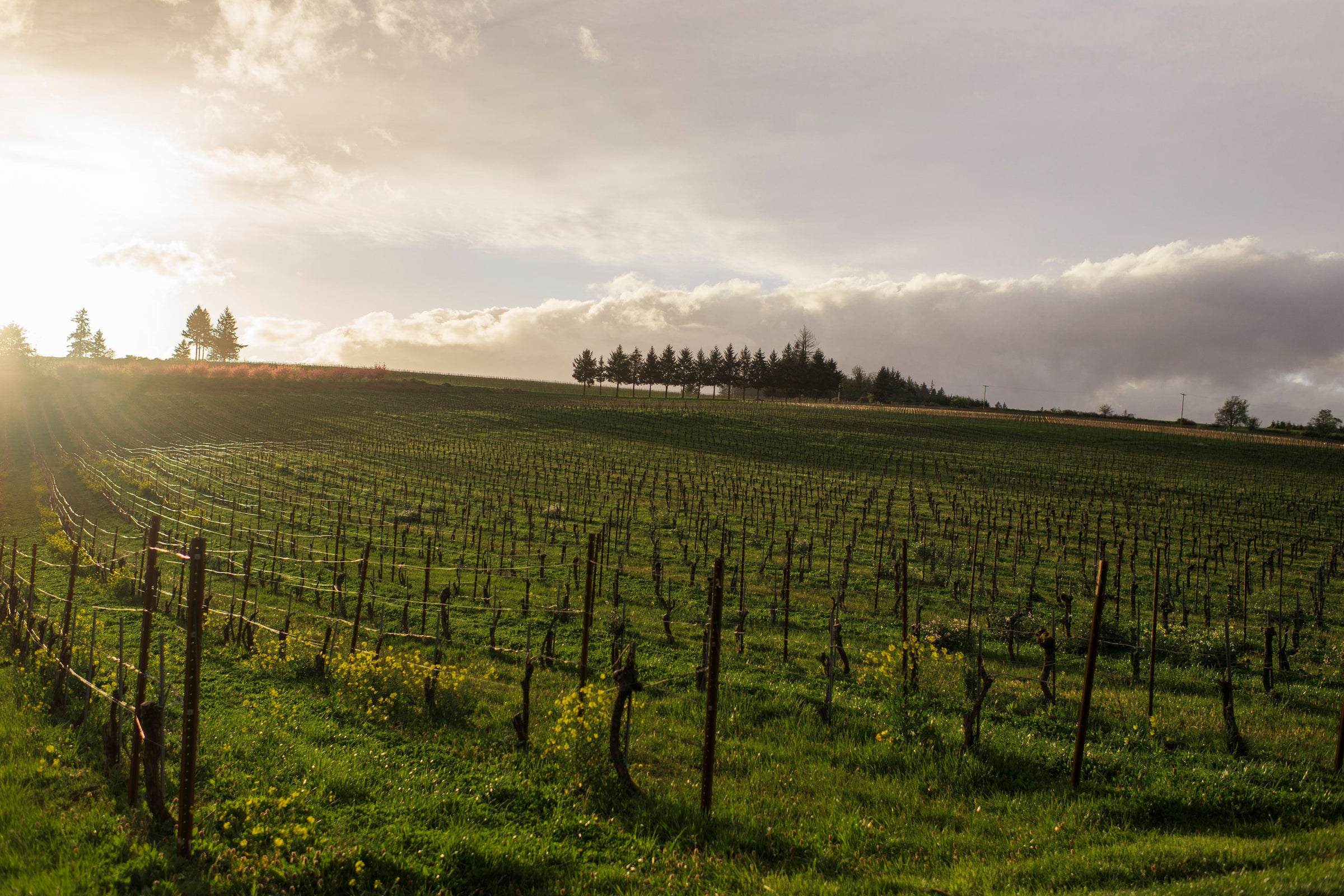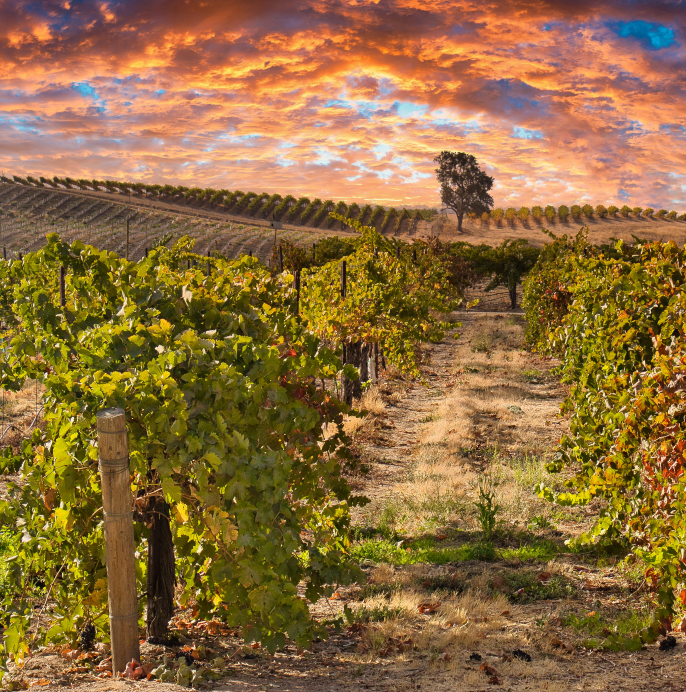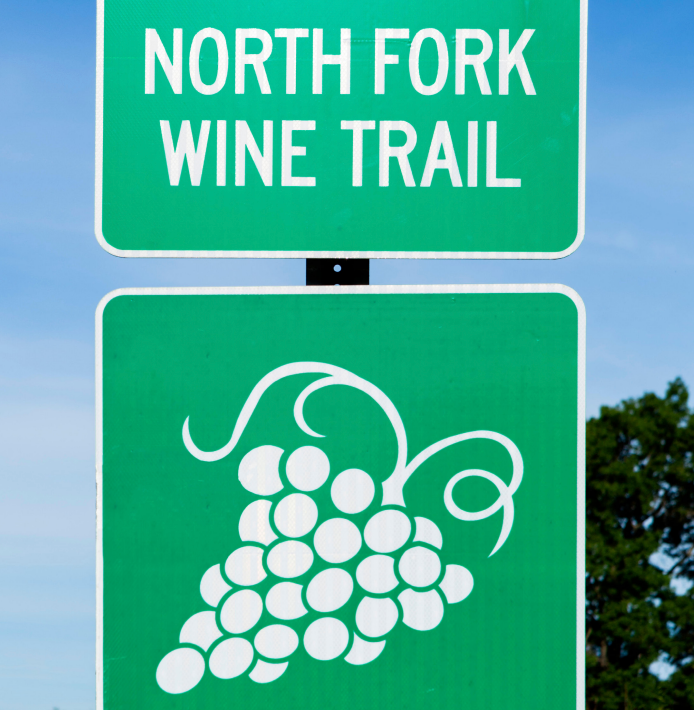Everyone readily acknowledges when Oregon Pinot Noir, and the Willamette Valley, became a thing. It was the mid-1960s, when David Lett planted his first vineyard in the Dundee Hills and named it for an “eyrie” (“nest”) of red-tailed hawks found at the site. It’s always tempting to say something like “heavy lies the crown” when speaking of Jason Lett, David’s son, except that he’s not that kind of person. If anything, he wears it with humor and humility, keeping his focus where it should be: On growing great Pinot Noir.
Notice I said “growing,” not “making.” Jason is part of a tight-knit group of Willamette Valley producers who’ve truly advanced the cause of chemical-free, “regenerative” viticulture, and one great way to get that message into the mainstream is to make great wine from those conscientiously farmed grapes. To many of our subscribers, today’s 2017 will be instantly recognizable: This is a Willamette Valley original, a standard-bearer of quality in the region, and a wine that epitomizes everything SommSelect is about. This is Pinot Noir at its balanced, perfumed, high-energy best. Pinot Noir that is the epitome of finesse. Pinot Noir that has also proved to be as age-worthy as Burgundy. Pinot Noir that is way underpriced given its pedigree. As I’ve said before, this is essential wine—essential to one’s understanding of this grape, this place, and world-class wine in general.
Although the elder Lett (who passed away in 2008) began planting Pinot Noir, Chardonnay, and Pinot Gris in 1965, the first ‘commercial’ release of Eyrie Vineyards wine was 1970. The original estate vineyard, a 20-acre plot in the Dundee Hills, was They’ve since added 4 other small Dundee Hills sites to their estate—all with diverse elevations, aspects, and subtle variations on the basalt soil that characterize the zone. In today’s 2017 bottling and moving forward, 100% of the fruit hails from “estate” vineyards. Farming is Certified Organic, but Jason and his team take this only as a starting point. Viticulture at all the Estate vineyards follows the precepts of regenerative, no-till farming, with strict attention paid not just to the vines but to the healthy networks of soil organisms that support them. Not only does this approach avoid the need for artificial irrigation, but it also nourishes the vines without the need for additional fertilizer, and captures atmospheric carbon.
Fermented on only ambient yeasts, with a small percentage of whole grape clusters included, the ’17 wine was then aged 19 months in mostly used French oak (yes, 6% of the barrels were new, but otherwise Eyrie is working with some of the oldest barrels in use anywhere in the US). In the glass, it displays a bright, garnet-red core with pink highlights at the rim. The aromas are a perfumy mix of red and black cherry, raspberry, cranberry, rose petals, sandalwood, and smoky underbrush. Medium-bodied and loaded with energy and tension on the palate, its tannins are fine-grained and the finish long and aromatic. It surely benefits from at least a half-hour in a decanter before service in Burgundy stems at 60-65 degrees. Most important, as we learned firsthand, these Pinots age gracefully—this will improve over the next decade-plus if kept well, which is not something that can be said about many domestic Pinot Noirs. It really is a standard-bearer, and a model of finesse that makes it a real chameleon with food. Pacific salmon is always a good choice (especially grilled or roasted over coals), and there are some great complementary flavors in the attached recipe. If this is not one of your cellar standbys, it should be—it remains one of the greatest values in domestic wine. Enjoy!
